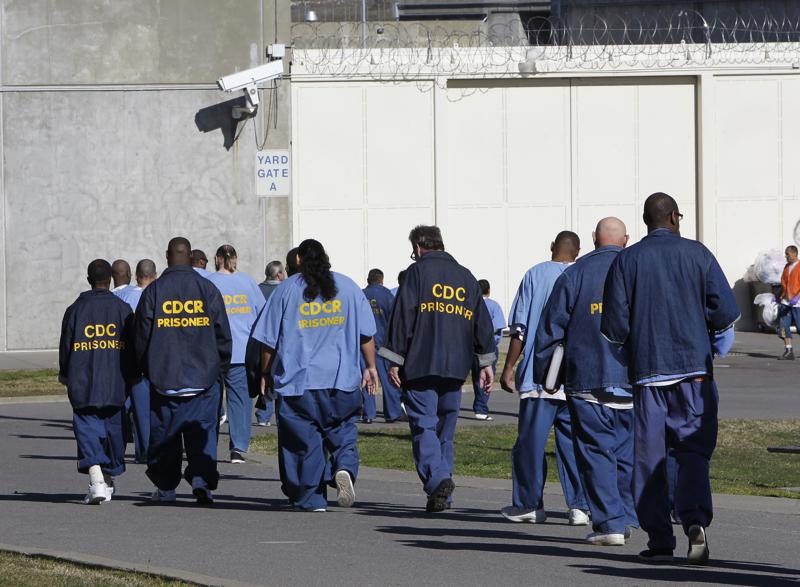What’s Commutation – Eligibility and Benefits For the past few decades, California has been known for its tough-on-crime policies and its extremely harsh sentences. Fortunately, the California Constitution gives an individual the right to seek a commutation of sentence. Commutation is a form of clemency that the governor has the authority to grant and is…
Continue reading ›Immediate Response!











